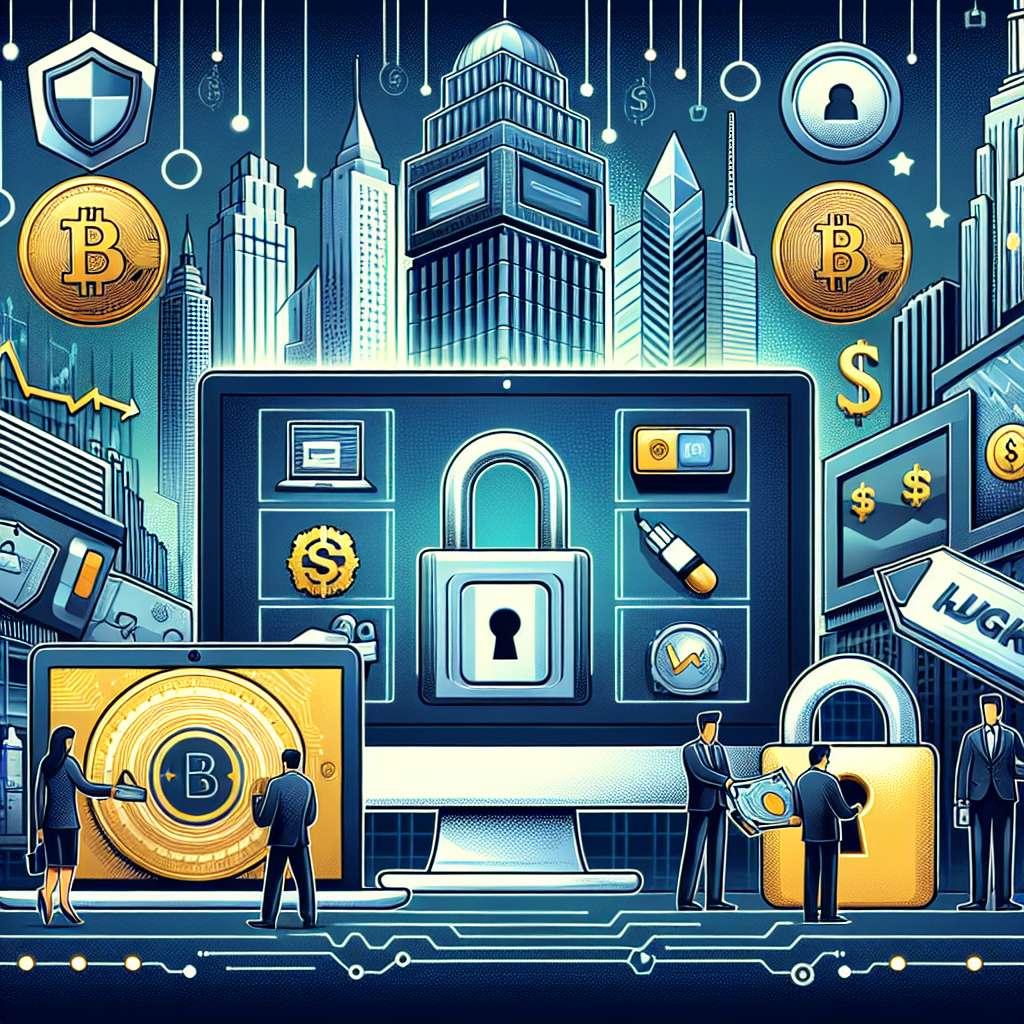What are the steps to secure my cryptocurrency wallet?
I want to ensure the security of my cryptocurrency wallet. What are the necessary steps I should take to protect my funds?

3 answers
- Securing your cryptocurrency wallet is of utmost importance to protect your funds from potential threats. Here are some steps you can take to enhance the security of your wallet: 1. Use a hardware wallet: Consider using a hardware wallet, such as Ledger or Trezor, which provides an extra layer of security by keeping your private keys offline. 2. Enable two-factor authentication (2FA): Enable 2FA on your wallet to add an extra layer of protection. This typically involves using your mobile device to verify transactions or logins. 3. Keep your software up to date: Regularly update your wallet software to ensure you have the latest security patches and bug fixes. 4. Use strong and unique passwords: Create a strong and unique password for your wallet that includes a combination of uppercase and lowercase letters, numbers, and special characters. 5. Backup your wallet: Regularly backup your wallet and store the backup in a secure location, preferably offline. 6. Be cautious of phishing attempts: Be vigilant of phishing attempts, where attackers try to trick you into revealing your wallet credentials. Always double-check the website's URL before entering any sensitive information. 7. Use reputable exchanges: When transferring funds to or from your wallet, use reputable exchanges that have a strong track record in security and customer protection. Remember, securing your cryptocurrency wallet is an ongoing process. Stay informed about the latest security practices and be proactive in protecting your funds.
 Jan 07, 2022 · 3 years ago
Jan 07, 2022 · 3 years ago - You're on the right track by wanting to secure your cryptocurrency wallet! Here are some steps you can take to ensure the safety of your funds: 1. Use a hardware wallet: Consider using a hardware wallet like Ledger or Trezor. These devices store your private keys offline, making it harder for hackers to access your funds. 2. Enable two-factor authentication (2FA): Enable 2FA on your wallet to add an extra layer of security. This typically involves using your mobile device to verify transactions or logins. 3. Keep your wallet software updated: Regularly update your wallet software to ensure you have the latest security patches and bug fixes. 4. Use a strong password: Create a strong password for your wallet that includes a mix of uppercase and lowercase letters, numbers, and special characters. 5. Backup your wallet: Regularly backup your wallet and store the backup in a secure location. This will help you recover your funds if your wallet is lost or compromised. 6. Be cautious of phishing attempts: Be wary of phishing attempts, where scammers try to trick you into revealing your wallet credentials. Always double-check the website's URL and never share your private keys or recovery phrases. 7. Use reputable exchanges: When buying or selling cryptocurrencies, use reputable exchanges that prioritize security and have a good reputation. By following these steps, you can significantly reduce the risk of your cryptocurrency wallet being compromised.
 Jan 07, 2022 · 3 years ago
Jan 07, 2022 · 3 years ago - Securing your cryptocurrency wallet is crucial to protect your funds from potential threats. Here are some steps you can take to enhance the security of your wallet: 1. Use a hardware wallet: Consider using a hardware wallet like Ledger or Trezor. These devices store your private keys offline, making it harder for hackers to access your funds. 2. Enable two-factor authentication (2FA): Enable 2FA on your wallet to add an extra layer of security. This typically involves using your mobile device to verify transactions or logins. 3. Keep your wallet software updated: Regularly update your wallet software to ensure you have the latest security patches and bug fixes. 4. Use a strong password: Create a strong password for your wallet that includes a mix of uppercase and lowercase letters, numbers, and special characters. 5. Backup your wallet: Regularly backup your wallet and store the backup in a secure location. This will help you recover your funds if your wallet is lost or compromised. 6. Be cautious of phishing attempts: Be wary of phishing attempts, where scammers try to trick you into revealing your wallet credentials. Always double-check the website's URL and never share your private keys or recovery phrases. 7. Use reputable exchanges: When buying or selling cryptocurrencies, use reputable exchanges that prioritize security and have a good reputation. Remember, securing your cryptocurrency wallet is an ongoing process. Stay vigilant and keep up with the latest security practices to protect your funds.
 Jan 07, 2022 · 3 years ago
Jan 07, 2022 · 3 years ago
Related Tags
Hot Questions
- 78
What are the advantages of using cryptocurrency for online transactions?
- 56
What is the future of blockchain technology?
- 41
How can I buy Bitcoin with a credit card?
- 39
How can I protect my digital assets from hackers?
- 31
What are the best practices for reporting cryptocurrency on my taxes?
- 22
How can I minimize my tax liability when dealing with cryptocurrencies?
- 18
How does cryptocurrency affect my tax return?
- 6
What are the best digital currencies to invest in right now?
